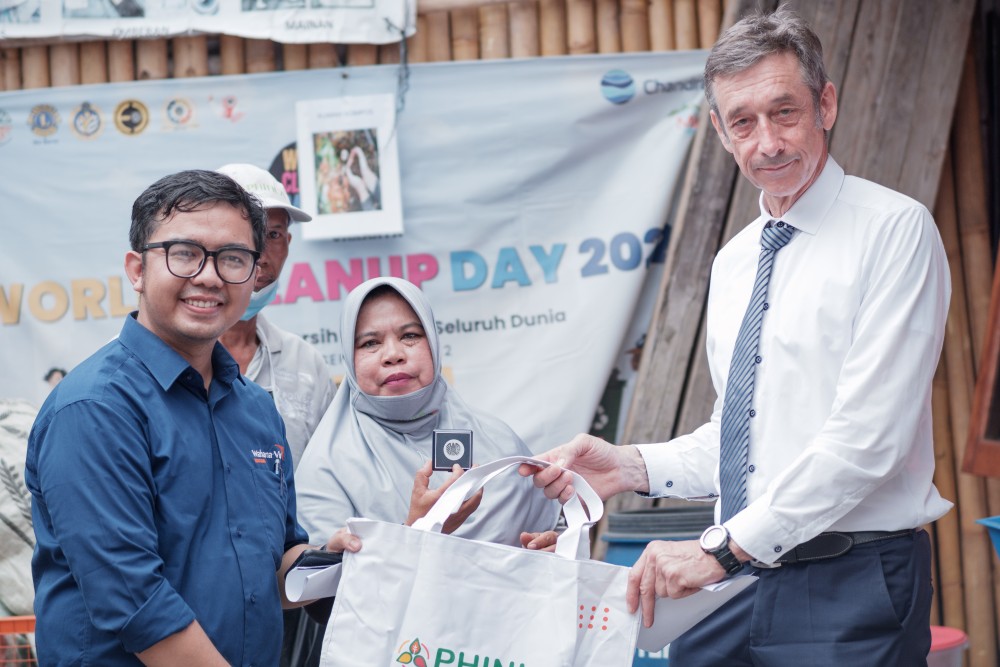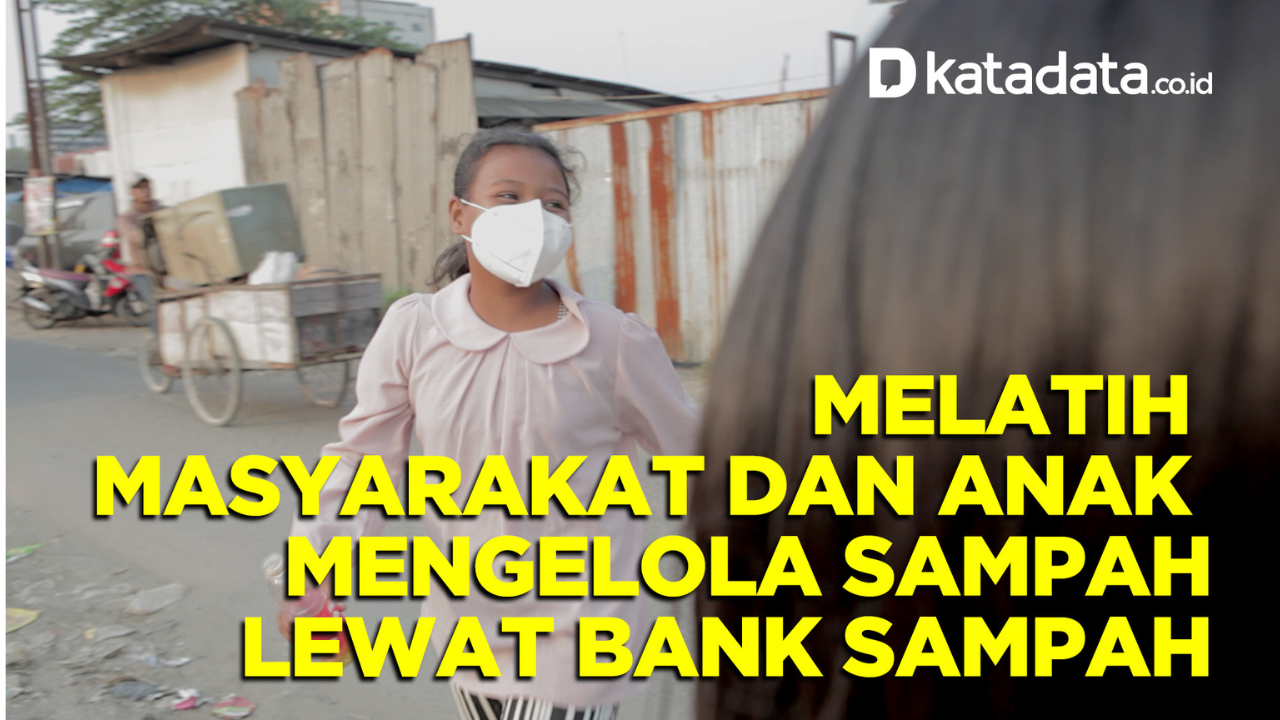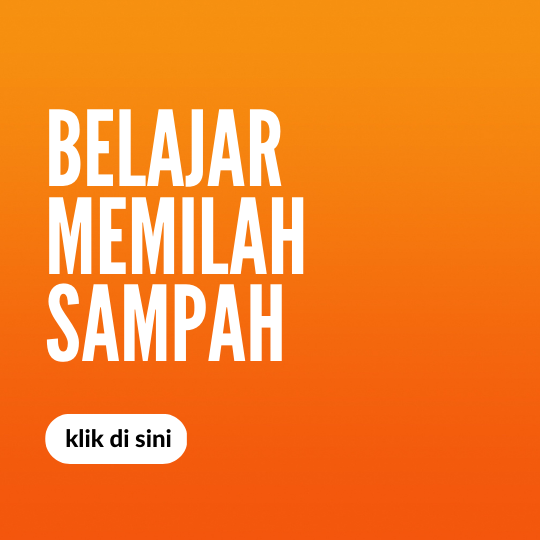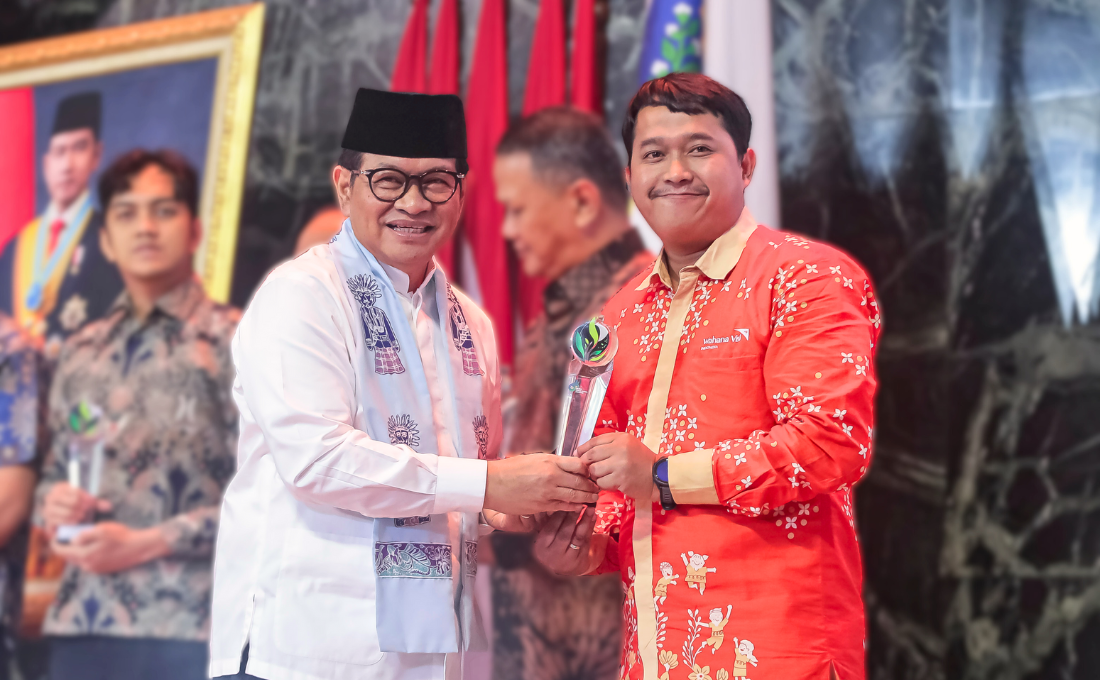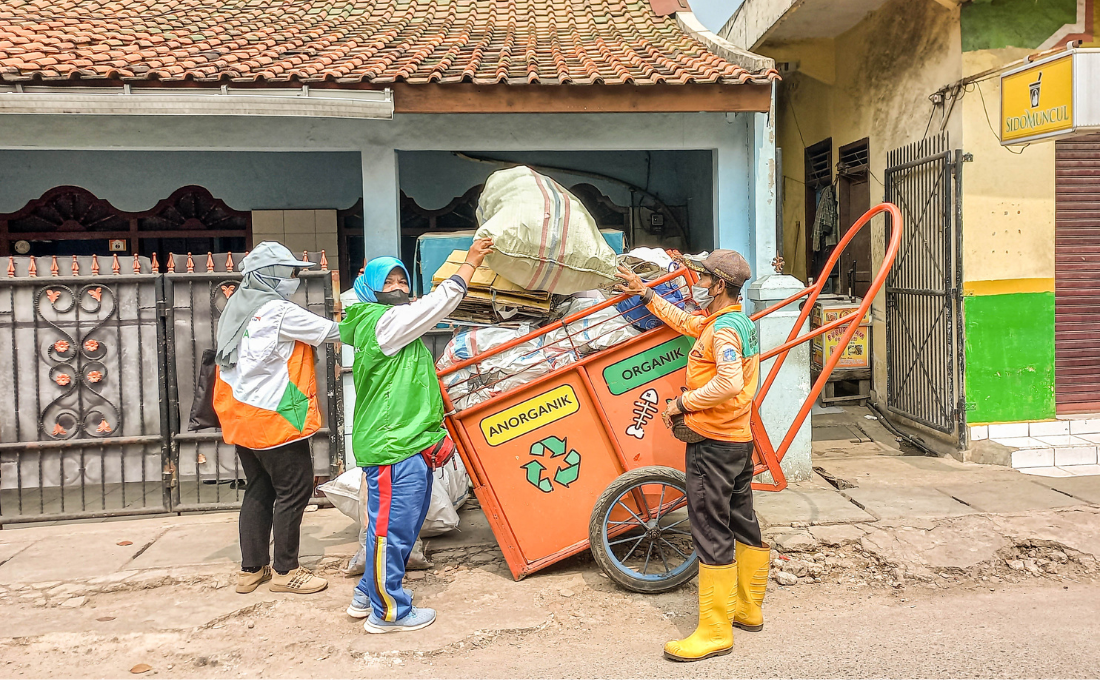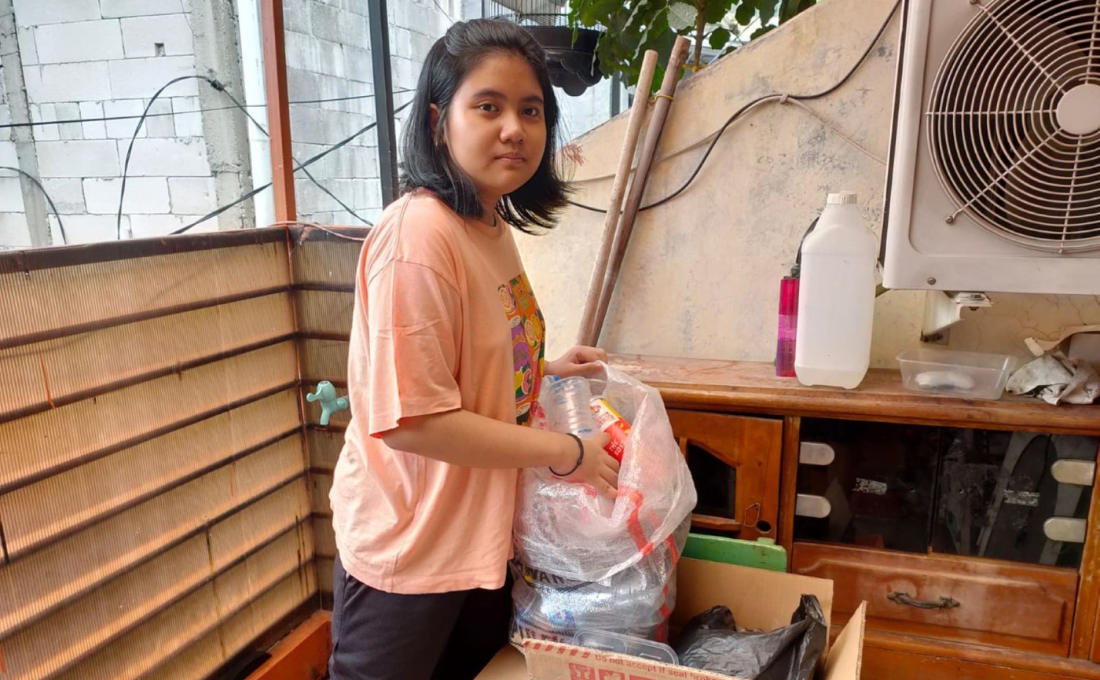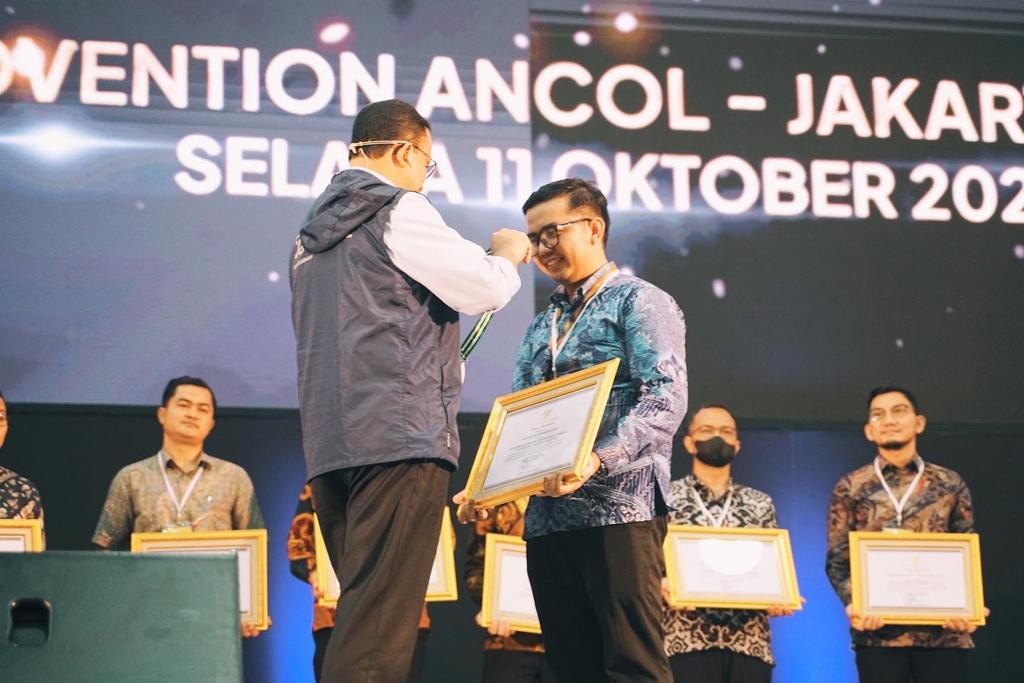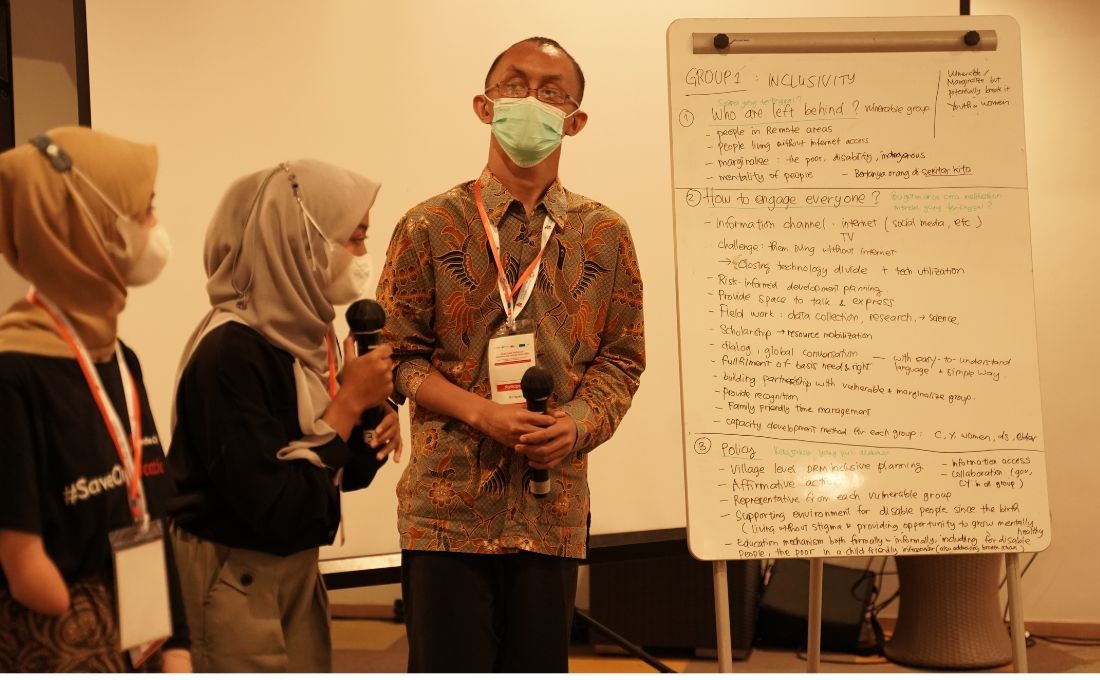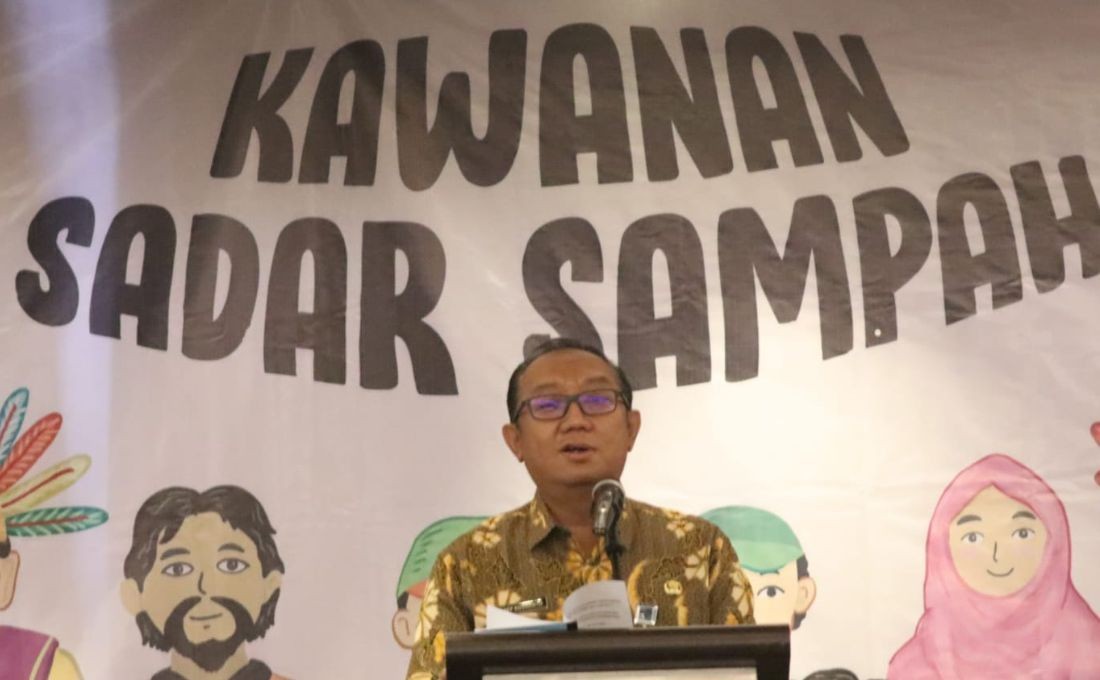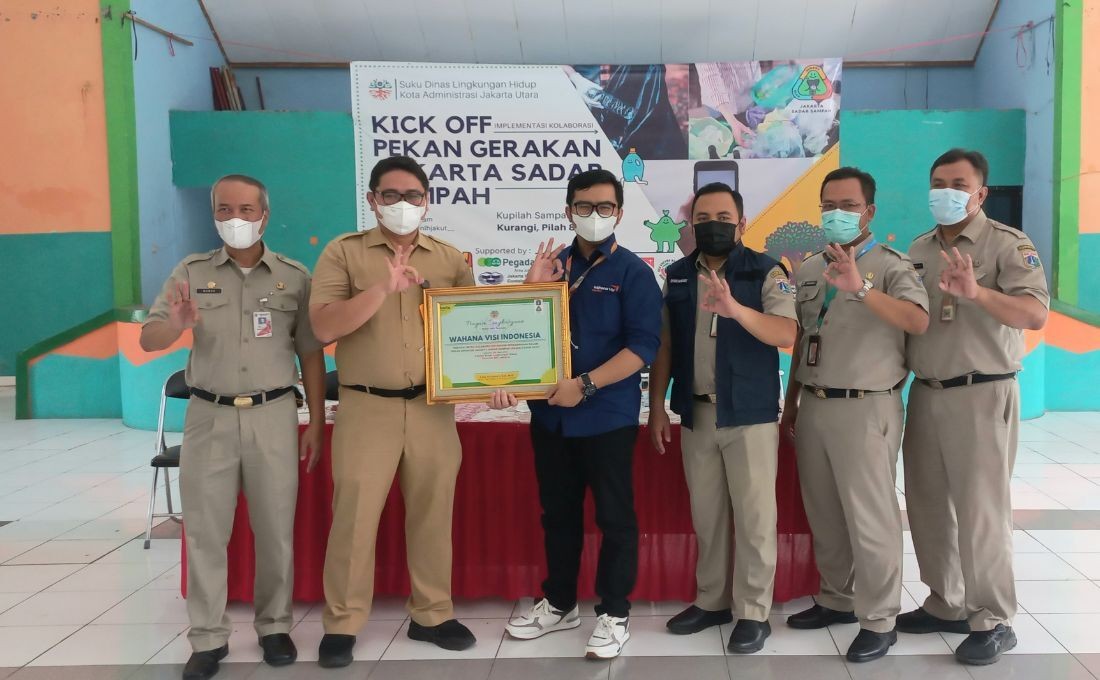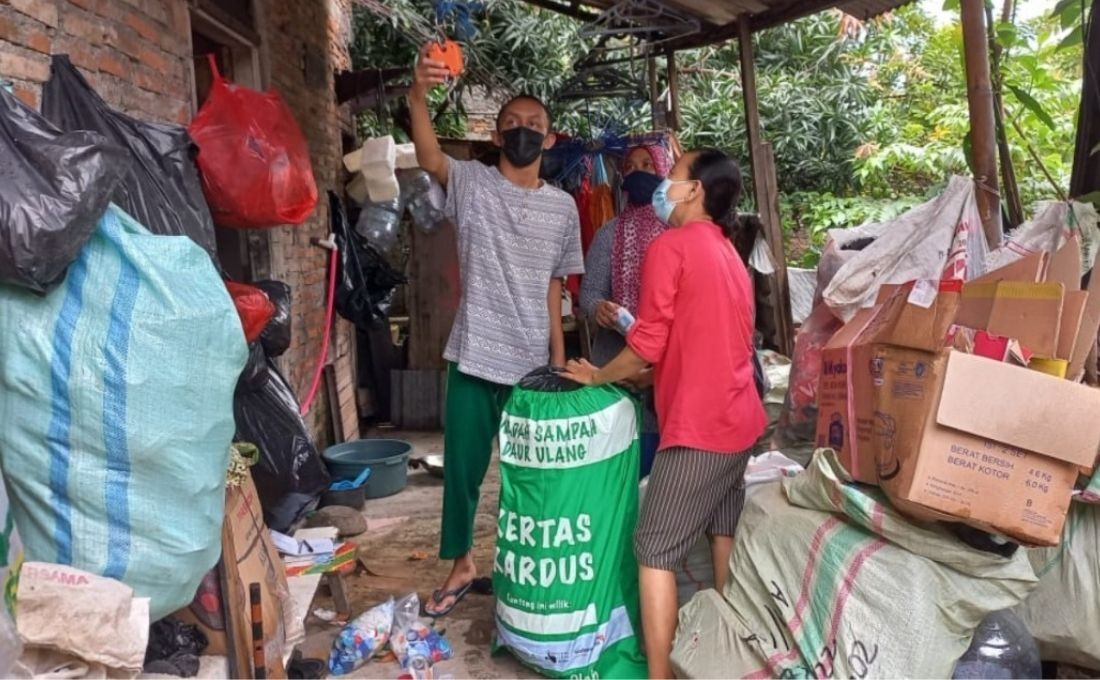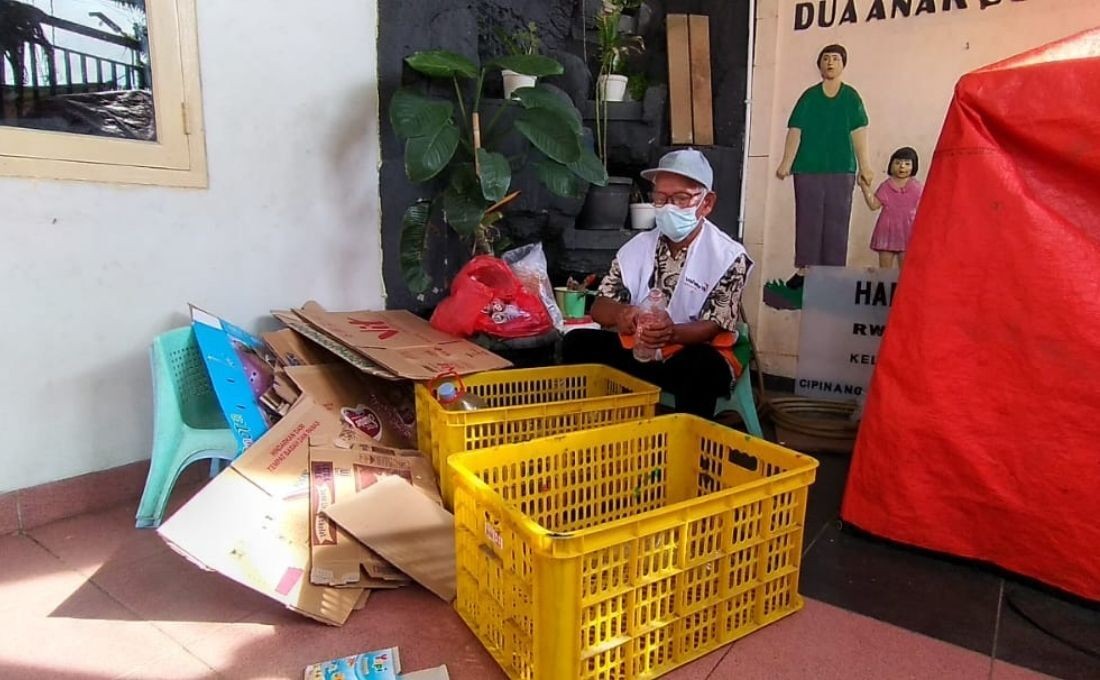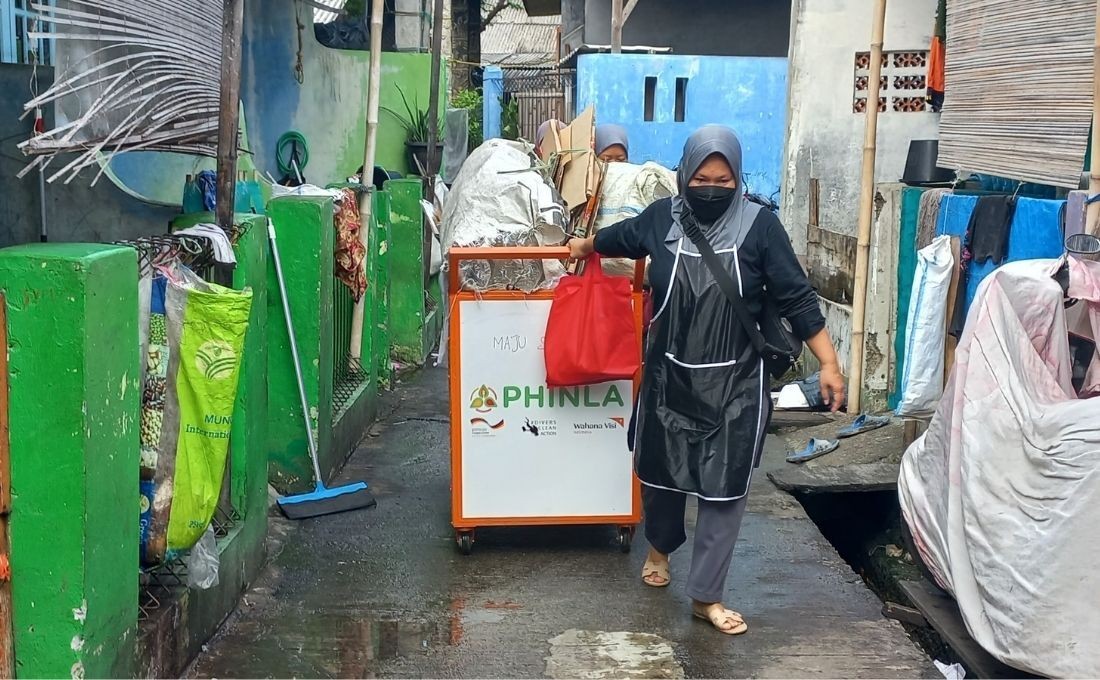About Phinla
The PHINLA program is designed to develop livelihoods for communities affected by poverty through a multi-sectoral waste management system. It is a global initiative supported by the German government, involving three countries: the Philippines, Indonesia, and Sri Lanka. In Indonesia, PHINLA is implemented by Wahana Visi Indonesia (WVI) in collaboration with local partners in the waste management sector, such as Divers Clean Action (DCA). Since its launch in 2020, WVI and DCA have provided support to communities in North Jakarta, East Jakarta, and the Thousand Islands, including areas like Cipinang Besar Selatan, Rawa Bunga, Marunda, Cilincing, Semper Barat, Kalibaru, Pulau Untung Jawa, Pulau Pramuka, Pulau Kelapa/Kelapa Dua, Pulau Harapan, and Pulau Tidung. In these eleven areas, the PHINLA program has developed a waste management system based on households and communities with multi-stakeholder involvement. PHINLA has also established an international forum called the National Waste Management Committee (NWMC) to encourage the replication and expansion of the program's impact.
Over the past three years, the PHINLA program has successfully increased the number of residents practicing waste sorting and joining waste banks. From 822 members in mid-2021, the number grew to 1,834 members by the end of 2022. The number of households sorting waste, ( inline with the DKI Jakarta Regional Regulation No. 77 of 2020), also increased from 634 households in January 2022 to a total of 1,437 households in November 2022. The capacity of the waste banks grew from 5,154 kg in mid-2021 to a total of 11,810 kg in December 2022.
Additionally, the savings managed by the waste banks also saw a significant increase, from IDR 25,504,000 in 2022 to IDR 600,000,000 by December 2024. Out of the 24 waste banks supported by the PHINLA program, three were awarded as the best waste banks by the DKI Jakarta Provincial Government in 2021, 2022, and 2024.
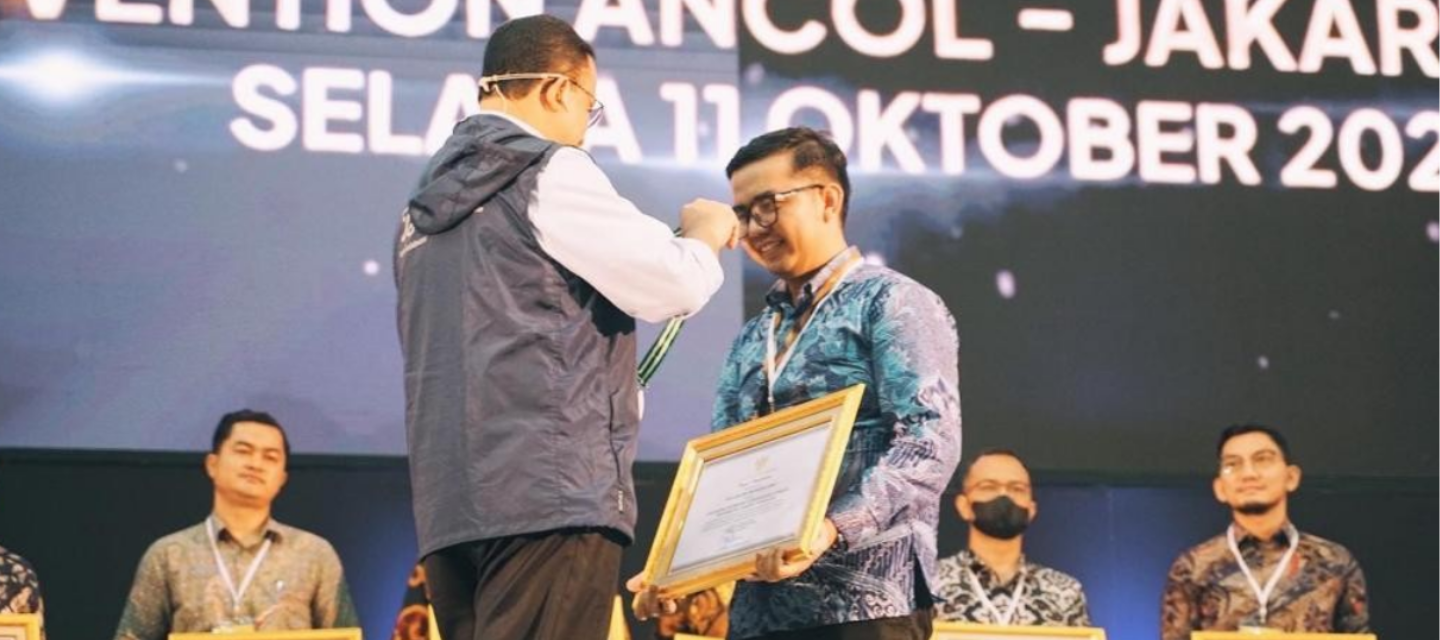
Wahana Visi Indonesia together with Divers Clean Action (DCA) won an award for the category "Best Waste Collaborator in 2022" at the 2022 Community Care for the Environment Appreciation event that was held on October 11th, 2022.
Had stopped operating for three years due to the condition of the collapsed building, now the Kenanga Waste Bank is back in operation to serve the residents of Semper Barat. With the assistance of Wahana Visi Indonesia (WVI) through the PHINLA Project and
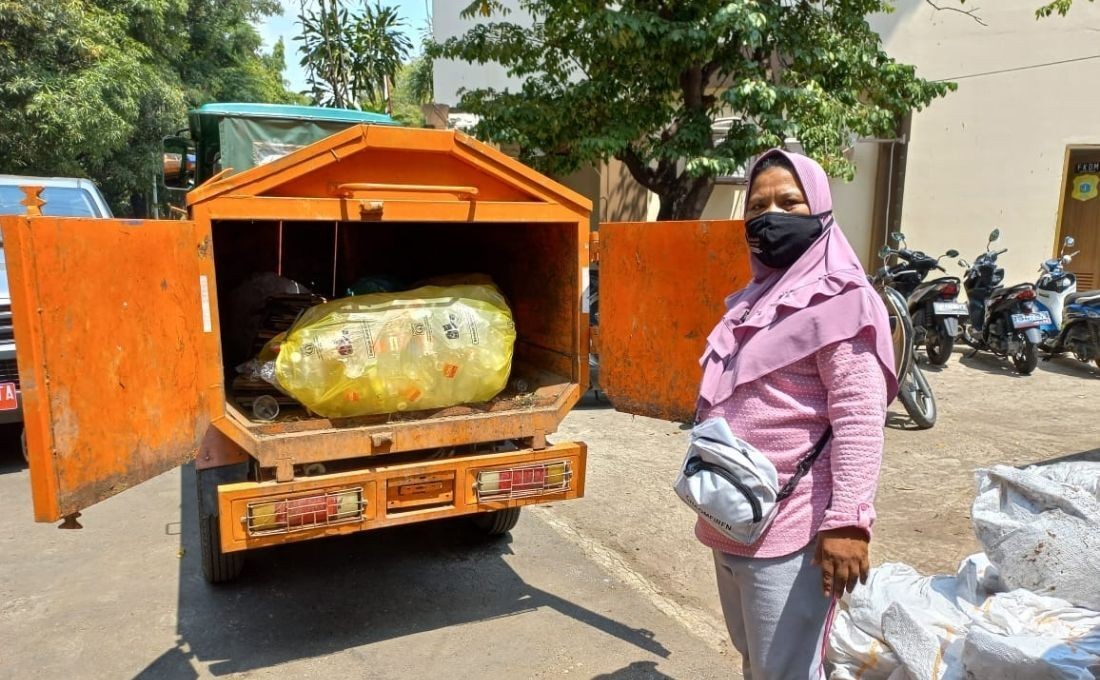
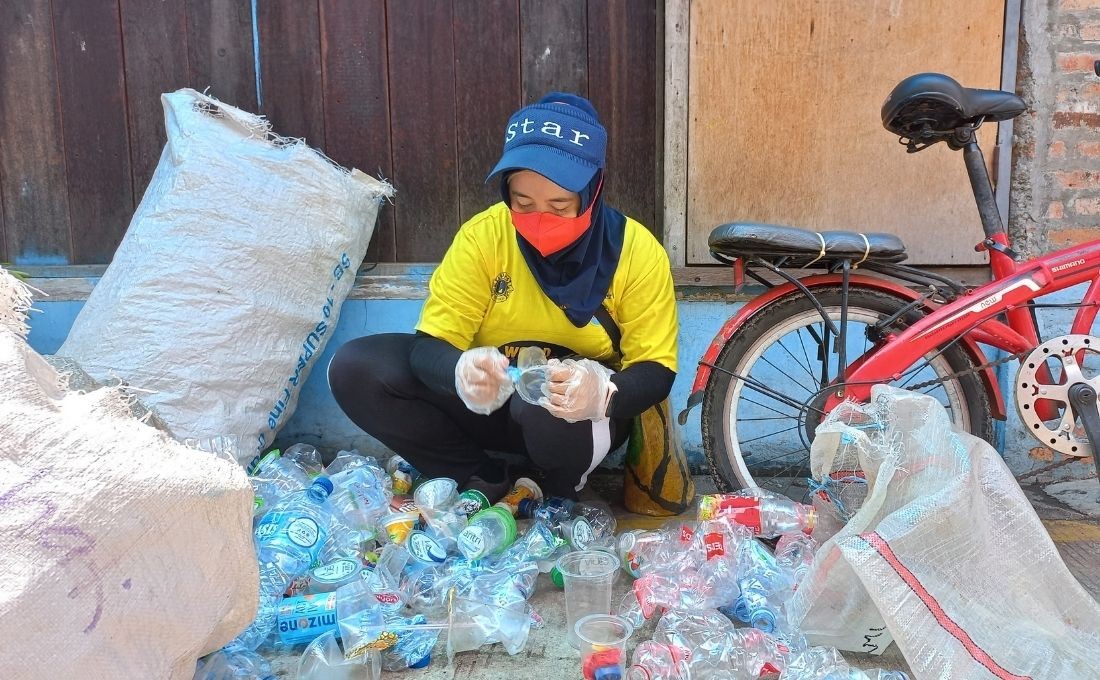
Do you know that managing waste properly and correctly does not only affect the environment, but also the welfare and future of children? Why is that? By managing waste properly and correctly, it means that we have provided a good environment for our chi
The Kenanga Waste Bank had the opportunity to receive a visit from 6 members of the German parliament on October 2022. The parliamentarians visited to see firsthand the program approach to developing the Waste Bank combined with the savings and loan coop
